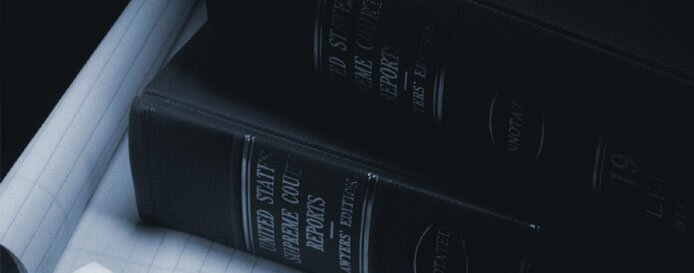Repossession: What Creditors Can and Can't TakeFind out what property your creditors can repossess, and what’s off limits.Any questions you face in life are related to the law (during studies or life situations), so it is worth having access to resources that will explain everything to you, for example, outline writing service. If you’re behind in your loan payments, you may be worried that the creditor can repossess something you own -- your car, your home, the new refrigerator. Repossession is what happens when a creditor takes back property you have used as collateral (security) for a loan because you have defaulted on the loan agreement. There are strict rules as to what a creditor can and cannot take if you default on a loan. Typically, you default on a loan if you don’t make your monthly payments in full and on time. But you could also be in default if, for example, you don't maintain insurance coverage on a car you financed. Though credit agreements differ and laws vary from state to state, here are some general guidelines for what creditors can and can’t repossess. What Can Be Repossessed?Below is list of what creditors can repossess if you default on a loan. If a creditor is allowed to repossess an item, the creditor does not have to go to court and get a judgment before it repossesses the property. Your home. Your home loan is secured by the property you purchased with it. If you do not make your mortgage payments, the lender can repossess the home. This is what happens in a foreclosure. After the lender evicts you, it sells the property to recover as much of the outstanding loan balance as possible. Your car. Most auto loans, whether obtained through the dealer, a bank, a credit union or any other lender, give the creditor the right to repossess the vehicle if you default on the car loan. The lender is not required to give prior notice. After repossessing your car, the lender will sell it to recover the money you owe. If there is a shortfall between your outstanding loan balance and the sale price, you may be held responsible for paying it, plus the creditor’s repossession expenses. Rent-to-own items. This includes furniture, electronics, appliances, and anything else you rent with the option of purchasing. Any property used as collateral. A debt is secured if a specific item of property (called collateral) is used to guarantee repayment of the debt. If you don't repay the debt (or are in default on the loan for some other reason), most states let the creditor take the property without first suing you and getting a court judgment. For example, say you have a car that you do not owe any money on, and you offer it as collateral on a loan for a new business. If you fail to fulfill the terms of that loan agreement, your car can be taken. (Repossess is a bit of a misnomer in this sense, because the lender may never have owned an interest in the item that is being taken.) If you are unsure whether a debt is secured, check your credit agreement. Your credit agreement will also detail the things that would put you in default on the loan (for example, being behind on your payments or not maintaining proper insurance). What Can’t Be Repossessed?Here’s a list of what creditors cannot repossess if you default on a loan. Keep in mind, however, that the creditor can always sue you in court to recover the money you owe. If the creditor wins the lawsuit, it may be able to garnish your wages or put a lien on your property. Property not specifically named as collateral. If something is not specifically named as collateral for a debt, it cannot be repossessed. So, for example, say you have an unsecured personal loan and a car loan, both with A&B Bank, and you default on the personal loan. As long as you continue to make payments on the car loan, the bank cannot repossess your car because it was not specifically named as collateral for the personal loan. Credit card purchases. Credit card debt is unsecured, which means the credit agreement does not name anything as collateral for the loan. Therefore, items purchased with a credit card cannot be repossessed. Property named as collateral in an unenforceable contract. A contract that does not comply with your state’s legal requirements may be void and unenforceable. A lawyer can review your contract for validity and advise you on your consumer rights.
Republished with Permission © 2009 Nolo.
|



